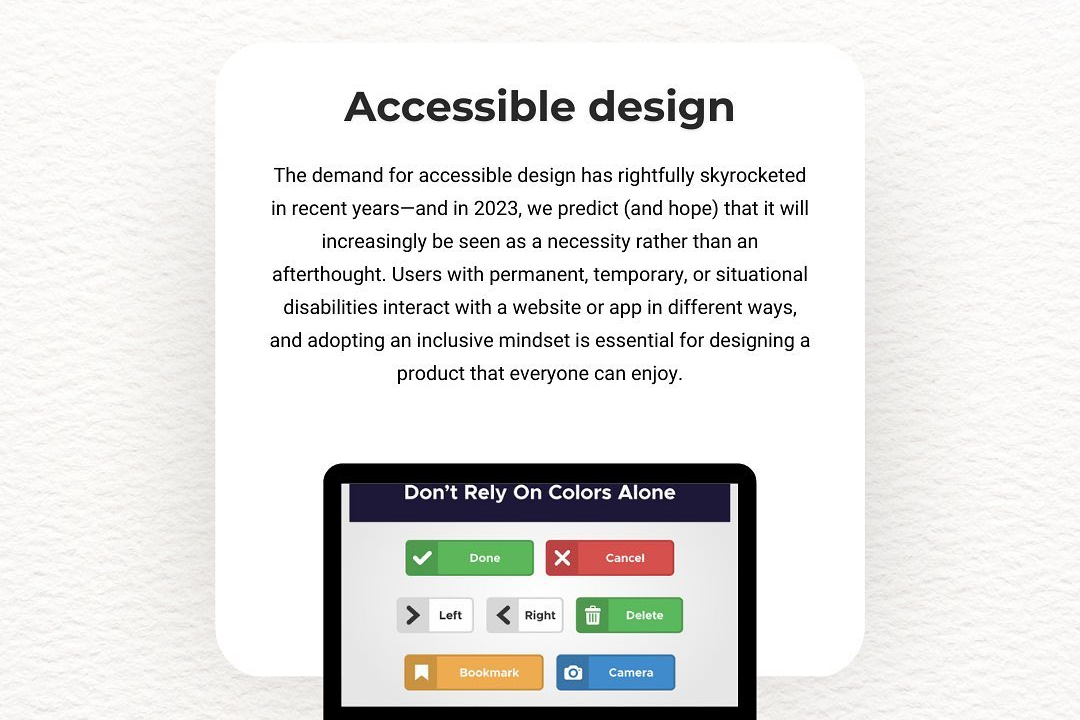DJANGO VS NODEJS
Django vs. Node.js: Comparing Two Popular Frameworks
DJANGO VS NODEJS
Django is a high-level Python web framework that follows the MVC architectural pattern and offers a built-in admin interface, ORM, and extensive documentation, making it a popular choice for rapid development of complex web applications. On the other hand, Node.js is a runtime environment that utilizes JavaScript for server-side scripting, providing non-blocking I/O operations and scalability for real-time applications through its event-driven architecture and diverse ecosystem of libraries. Django is known for its convention over configuration approach and structured project layout, while Node.js is praised for its performance and flexibility in handling asynchronous tasks. Ultimately, the choice between Django and Node.js depends on factors such as familiarity with Python or JavaScript, project requirements, and developer preferences.
To Download Our Brochure: https://www.justacademy.co/download-brochure-for-free
Message us for more information: +91 9987184296
1 - Django is a high level Python web framework that encourages rapid development and clean, pragmatic design. It follows the MVC (Model View Controller) pattern and comes with a built in ORM (Object Relational Mapping) tool, making database interactions seamless.
2) Node.js is a JavaScript runtime built on Chrome's V8 JavaScript engine. It is known for its event driven architecture, non blocking I/O model, and scalability. Node.js allows developers to use JavaScript for both client side and server side development.
3) Django provides a full featured package with many built in functionalities, including authentication, admin panel, and URL routing. This can save time for developers by reducing the need to install and configure multiple components separately.
4) Node.js, on the other hand, is more lightweight and flexible, allowing developers to choose modules based on specific project requirements. It is well suited for real time applications that require high concurrency and fast data processing.
5) Django emphasizes the “batteries included” philosophy, offering a comprehensive set of tools and libraries out of the box. This can be beneficial for students who are new to web development and want a solid foundation to build upon.
6) Node.js has a vibrant ecosystem with a vast collection of npm (Node Package Manager) modules that can be easily integrated into projects. This allows students to experiment with different libraries and tools, gaining exposure to diverse technologies.
7) Django follows a convention over configuration approach, providing a structured way to organize code and enforce best practices. This can be helpful for students who are learning software design patterns and want to develop scalable web applications.
8) Node.js is known for its asynchronous programming model, which allows multiple operations to be executed concurrently without blocking the main thread. This can be a valuable learning experience for students interested in understanding event driven programming.
9) Django's built in admin interface makes it easy to create, read, update, and delete data from the database without writing custom code. This can be advantageous for students who are focusing on building data driven applications with minimal effort.
10) Node.js is commonly used for building APIs (Application Programming Interfaces) and real time applications such as chat applications and online gaming platforms. Students interested in backend development and data communication may find Node.js a valuable skill to learn.
11) Django offers strong security features by default, including protection against common web vulnerabilities such as SQL injection and cross site scripting attacks. This can help students understand the importance of web security best practices.
12) Node.js allows for seamless integration of JavaScript on the server side, making it easier for students who are already familiar with JavaScript to transition to backend development. This can reduce the learning curve and accelerate students' understanding of full stack development.
13) Django's templating engine provides a simple yet powerful way to generate dynamic content on web pages. Students can learn about template inheritance, context variables, and template filters as they build interactive web interfaces.
14) Node.js supports the development of microservices architecture, enabling students to break down complex applications into smaller, modular components. This can help students grasp the concept of scalability and distributed systems in a practical manner.
15) Overall, both Django and Node.js offer unique strengths and capabilities for web development. By providing training programs that cover aspects of both frameworks, students can gain a comprehensive understanding of backend development, web security, API design, and real time application development.
Browse our course links : https://www.justacademy.co/all-courses
To Join our FREE DEMO Session: Click Here
Contact Us for more info:
iOS Training in Khambhat
Cheapest online iOS training institutes in Pune with placements
Angular Is Backend or Frontend
iOS Training in Sultanpur
iOS Training in Gohana











